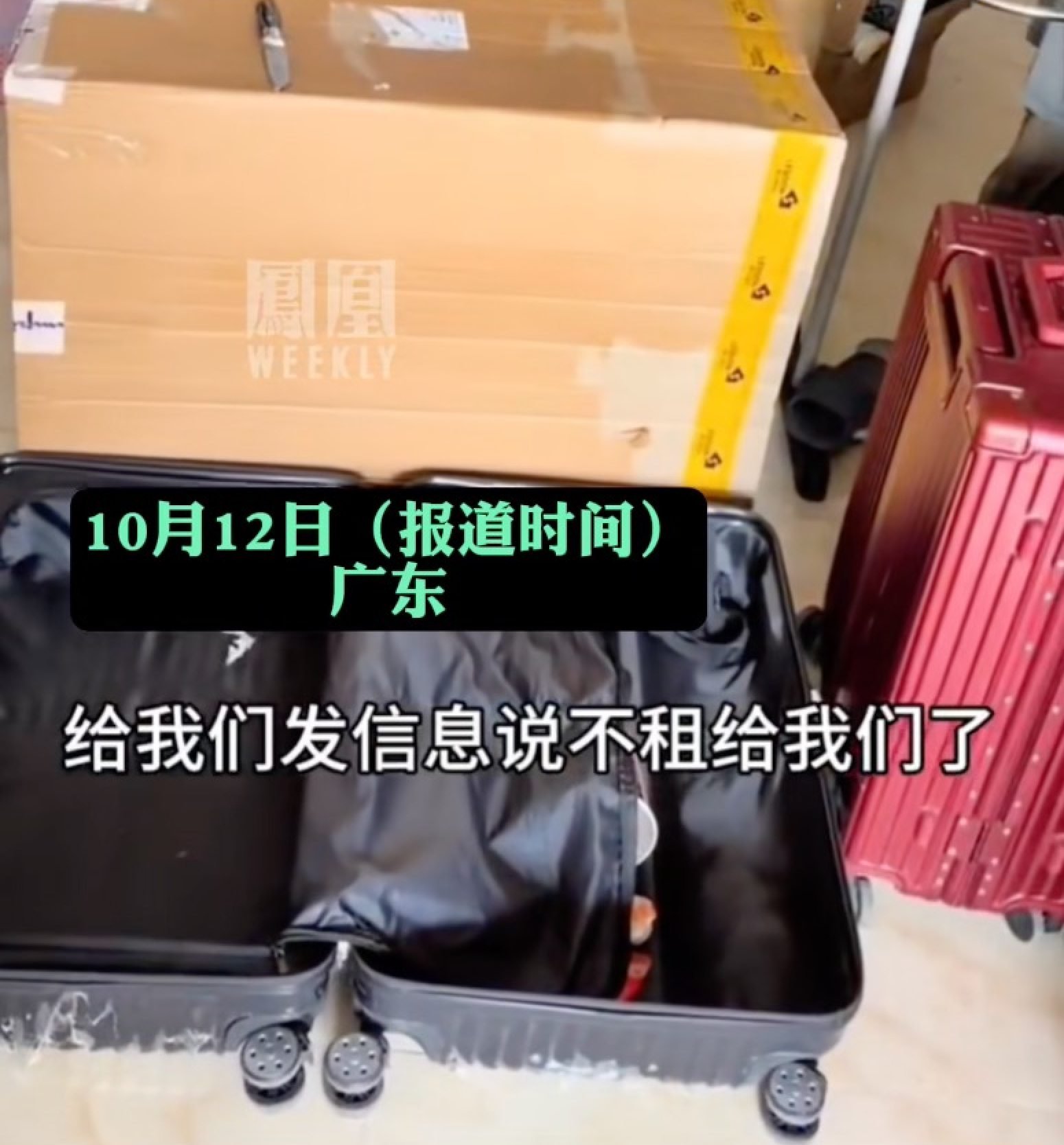The story of a pregnant woman in China who complained about being evicted by a landlord who believes newborn babies bring bad luck to a home is bewildering many people on mainland social media.
The woman, who goes by the name @Xiaozhuzhudebao on Douyin, the mainland version of TikTok, posted on Oct 11 that her landlord in southeastern China’s Guangdong province asked her and her husband to move out after learning she was five months pregnant.
She said the landlord justified herself by citing the folk belief – “Better lend house to a dead person than a newborn baby” and was willing to pay a month’s rent as compensation.
She and her husband had to pack all their belongings to move back to his hometown in eastern China’s Zhejiang province.

The old folklore belief, originating in rural China, goes that a person who dies at a house would leave their fortune in it, and a person born at a house will take away the luck of the household.
Another belief is that every household has a predestined number of lives and deaths, and if a person outside the family is born in their home, the newborn will take up the family’s quota.
Some also see a coffin as an auspicious sign as the Chinese word “coffin” is homophonic to “official” in Chinese and “a person who sees an official will make a fortune”.
This is still considered a truth by many in China’s countryside, who would rather lend their home to shelter a neighbour’s coffin during a funeral than couples who are expecting a baby.
The belief that the house affects a family’s luck is rooted in feng shui, a traditional Chinese metaphysical practice of arranging household items to achieve harmony with the surrounding environment.
The folklore often goes hand-in-hand with another old saying, “Better lend stuff to new husbands than new wives”.
The saying is based on the old-fashioned belief that women were marrying into a man’s household, and a wedding is a happy day for the husband’s family because they are welcoming a new member, but not so much for the wife’s maiden home.
People who believe this are more willing to lend their household items, such as tables, chairs, and kitchenware to the wedding ceremony held at the husband’s home, rather than the wife’s place.

On mainland social media, some who have never heard of the saying were astonished, while others said they respected the landlord’s beliefs.
“The landlord owns the property and has the freedom to rent it to anyone. It is OK as long as she pays compensation,” one person said on Douyin.
“I don’t understand how giving birth to a baby could be a taboo. It is a symbol of beginning and hope,” said another. – South China Morning Post





